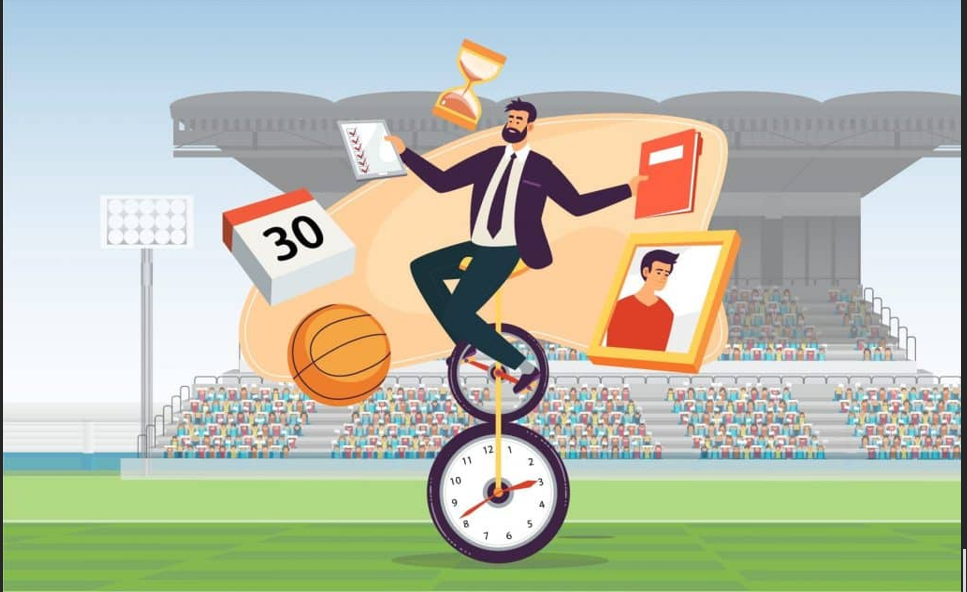The Harsh Reality of Sports Careers: Why Talented but Underprivileged Athletes Struggle to Secure Jobs


Sports have long been a source of national pride, with athletes representing their countries on global platforms. Yet, behind the glamorous victory and countless medals lies a harsh reality. Many talented athletes struggle to secure stable jobs, particularly those from underprivileged backgrounds.
Despite their dedication and skill, these athletes often find themselves without financial security or career opportunities once their sports careers end.
India’s chief badminton coach, Pullela Gopichand, recently highlighted a pressing issue regarding why sports should not be a career option unless an athlete’s family is financially well-off and has a backup plan after a failure. His statement, though controversial, sheds light on the struggles faced by many athletes who do not reach the elite level.
In a recent talk with TOI, the former badminton player said, “I advise parents not to put their children in sports. We are not in a position to offer sports as a career. Unless the children are from rich backgrounds or have a family business, it is not advisable for children to take up sports.”
Unlike in countries where structured systems ensure athlete welfare, India lacks a strong post-retirement support system for athletes. Many national and international-level athletes struggle with financial instability, job insecurity, and an uncertain future after their sports career, because not many are good at starting up a business, and even if they do, quite a few only see success, while others are financially let down.
While noticing that many of the national-level gold winners, Commonwealth medallists, and Asian Games medallists haven’t been offered jobs by the government. This demonstrates either systematic neglect of these accomplished athletes or a significant shortage of employment opportunities in the field due to increasing competition among athletes.
The Financial Struggles of Underprivileged Athletes
For an athlete from an economically weaker background, the challenges begin early. While talented, they often lack access to proper facilities, coaching, and nutrition. Those who manage to break through these barriers face another obstacle: sustaining themselves financially. Without government or corporate backing, many athletes are forced to quit sports even before they start their careers to seek stable jobs.
Even for those who achieve national or international recognition, the reality remains ugly. Less than 1% of athletes make a sustainable career in sports. The rest, despite years of mental, physical and financial hard work and sacrifice, find themselves struggling to secure employment in a system that does not value their contributions.
Unlike other countries that integrate sports with academics and job security, India’s approach remains to fall apart, leaving athletes with limited career options post-retirement.
Why is there no structured job reservation policy for athletes who have represented the country at national and international levels?
The Absence of Structured Career Support
In developed sports nations like the U.S., Germany and many South Asian countries, sports are integrated with academics, ensuring that athletes receive an education alongside their training. This system allows them to transition smoothly into alternative careers once their sports journey ends. India, however, lacks such a structure, leaving athletes with limited options beyond coaching or low-paying jobs.
When people completely stop pursuing education from a tender age and dedicate their whole life to training for a sport, they place themselves in an uncertain position for their future.
To address these issues, there must be a fundamental shift in how sports careers are perceived and supported in India.
Why does the private sector not invest more in athlete welfare, and what is the government doing to encourage corporate participation?
The government, private sector, and sports federations must collaborate to provide structured financial support, educational programs, and job security for athletes at all levels. Without such measures, the dream of making a career in sports will remain a privilege of the rich, while countless talented individuals from underprivileged backgrounds will continue to struggle in uncertainty.
i1 SPORTS ENTERTAINMENT
Flat No. 8/9A, Sri Ramalay, S3, Dr. Subburayan Nagar, 8th Street, Kodambakkam, Chennai, Tamil Nadu 600024
Contact: +91 9176773335
Mail: Contact@i1sports.in
©2023. SOARXI ENTERPRISE PVT LTD
All Right Reserved